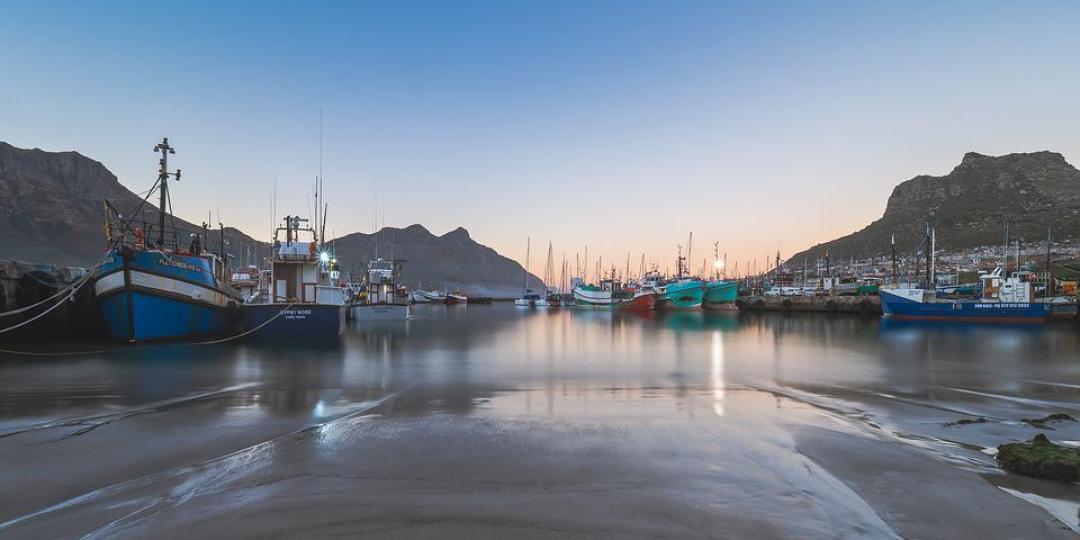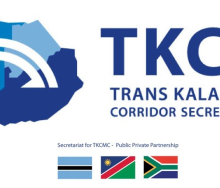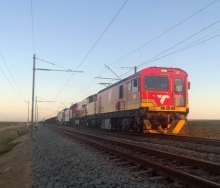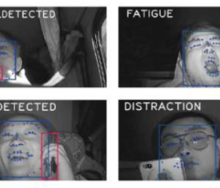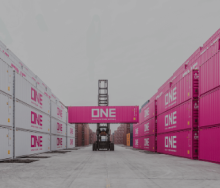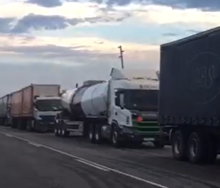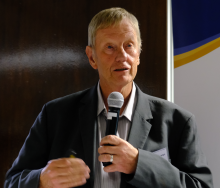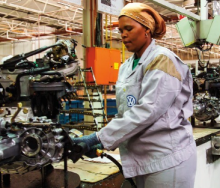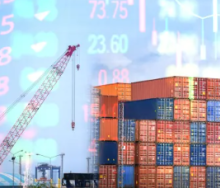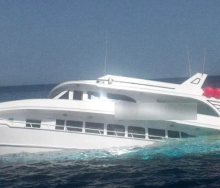The SA Maritime Safety Authority (SAMSA) has resumed its regular port safety workshops with local stevedoring businesses.
SAMSA recently hosted its third and biggest meeting so far this year at TNPA House at the Port of Cape Town; the first sessions in its quarterly series was interrupted by the outbreak of Covid-19 in 2020. The health-and-safety-focused meetings bring together stevedoring companies, Transnet National Port Authority (TNPA) and Transnet Port Terminals (TPT).
There are currently 30 registered and licensed companies that provide stevedoring services at the country’s ports, from Richards Bay and Durban, to Cape Town and Saldanha Bay.
SAMSA manager for Occupational Health, Safety and Maritime Welfare, Sibusiso Rantsoabe, said the meeting had focused on general information regarding good business practices, developments relating to legislation governing the conduct of stevedoring businesses, and issues regarding the maintenance of good health and safety standards.
He said the meetings were used as a safe space to highlight incidents that SAMSA had picked up during its port and business inspections around the country.
“We share incidents we have seen throughout the country without embarrassing anyone, to ensure we learn from these things. Issues are raised by the authorities and by the industry and range from potholes in the port to (concerns about) ablution facilities. We then raise and resolve the issues with the ports,” he said.
SAMSA conducts its inspections and audits in line with the National Merchant Shipping Act and associated codes of practice and regulations that govern occupational health and safety and cargo handling. Fourteen stevedoring firms were represented at the latest meetings.
SAMSA said in a statement following the meeting that businesses had described the lockdown conditions during the recent pandemic as “a most torrid time for business”.
“Research findings shared by SAMSA at the Cape Town meeting indicated that, while the majority (about 95%) of the stevedoring businesses were spared the spate of Covid-10 pandemic deaths among their employees, close on half incurred either a ‘bit more’ or a ‘lot more’ business running costs compared with the pre-pandemic outbreak period,” SAMSA said.
“It also emerged that, during the periodically disrupted operations, stevedores were not provided with adequate Personal Protective Equipment, in addition to other associated challenges that included a lack of occupational safety inspections before the beginning of shifts, lack of supervision in instances where foremen and supervisors were not found on board vessels, signallers working without signalling equipment or found not in their correct positions during cargo operations.”
However, with Covid-19 pandemic restrictions having slowly been lifted nationally over the past year and goods shipment worldwide beginning to pick up again, the stevedoring business is now almost fully back at work.
Pebblehouse Stevedoring owner, Whaleed Diedericks, who founded the firm 30 years ago to save the jobs of his colleagues after they were retrenched from a stevedoring firm, said the meeting was “educational and enlightening” and SAMSA was helping to level the playing field for smaller firms.
